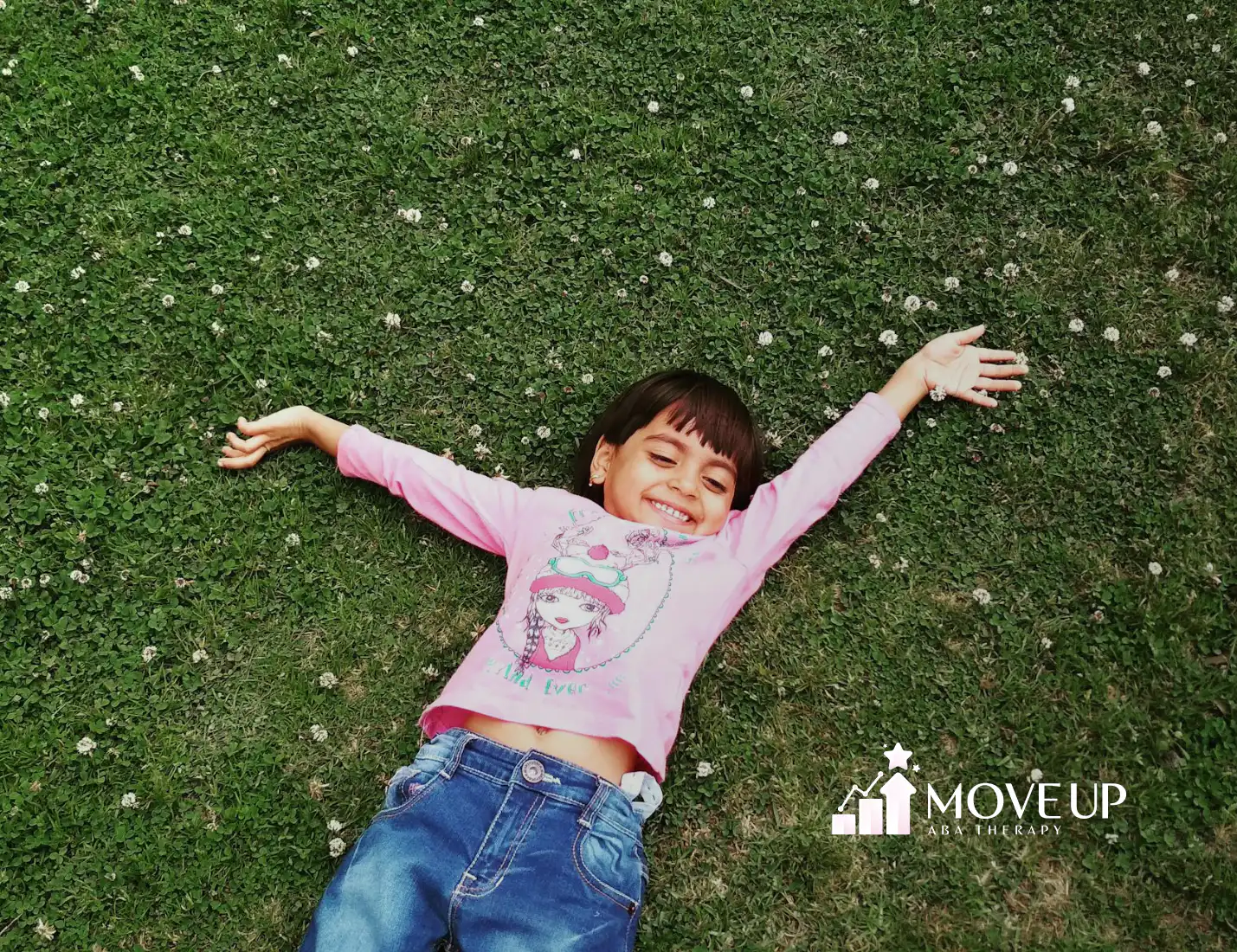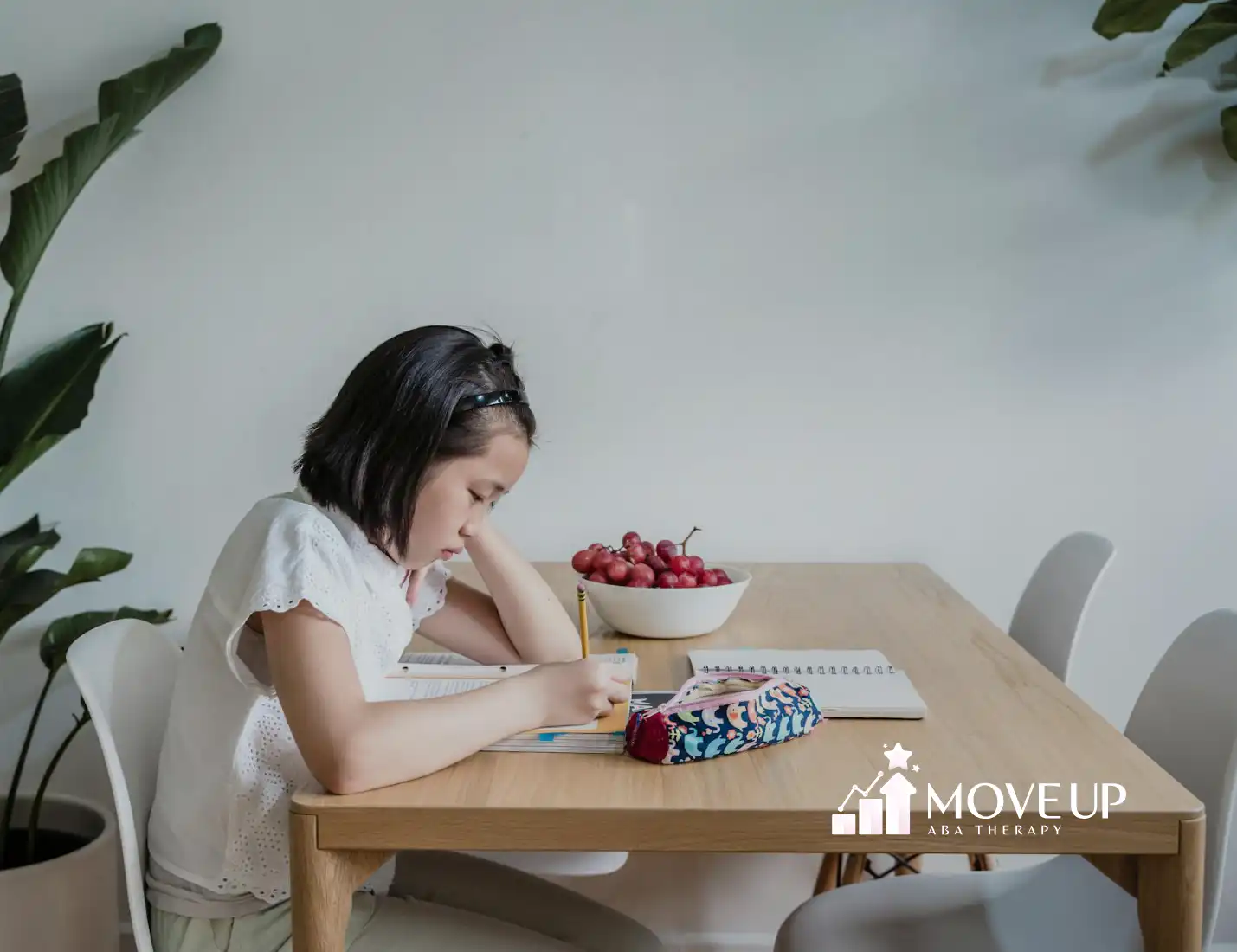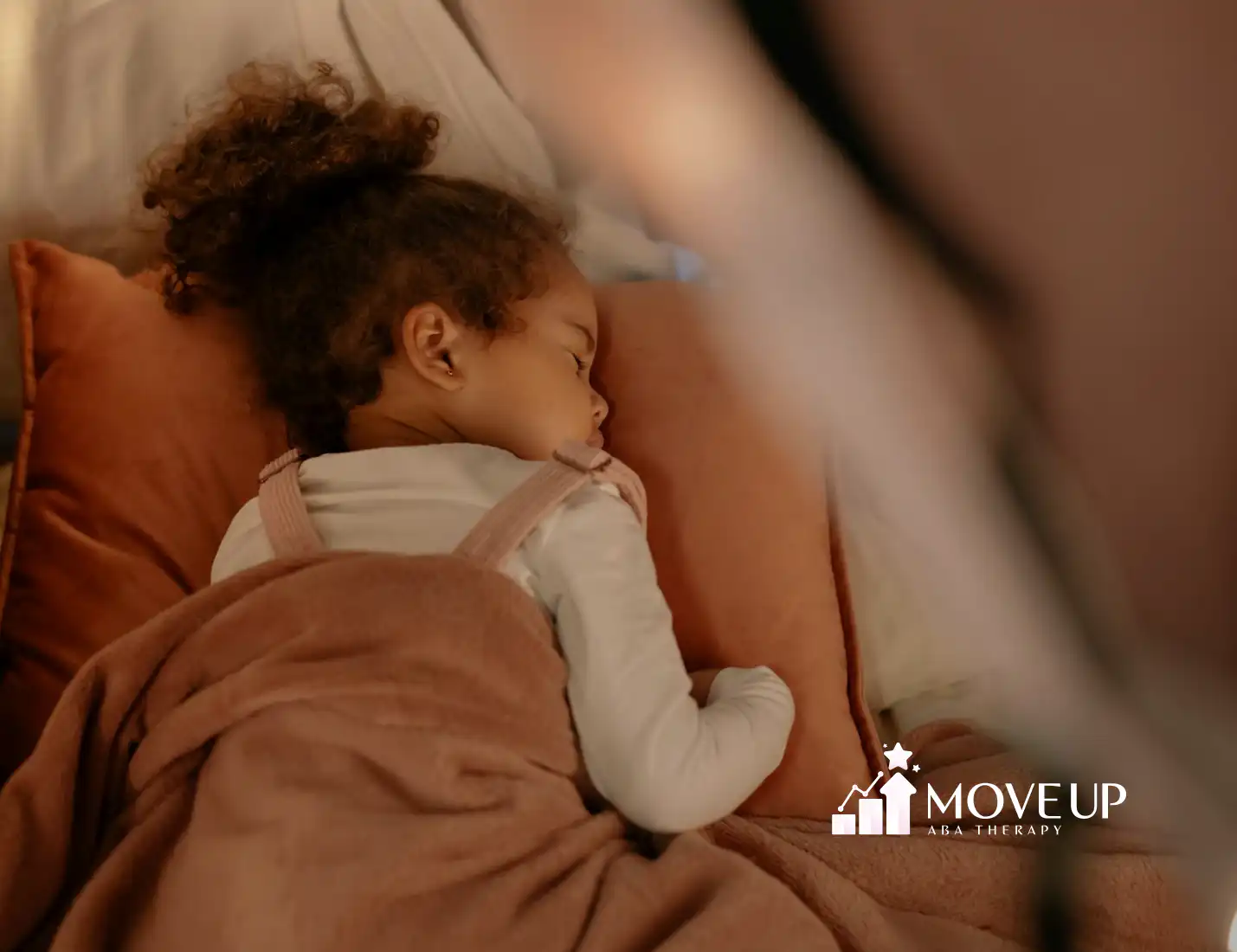When it comes to supporting autistic children, there isn’t a one-size-fits-all solution. Each child with autism has their own unique needs, but there are some core areas that are essential for their growth, comfort, and happiness. Understanding these can make a world of difference in how we care for them.
Predictability and Routine
One of the most important things autistic kids need is consistency. Having a set routine helps them feel more secure, as they can anticipate what’s coming next. This is particularly important in daily tasks like getting ready for school or bedtime. A predictable environment can reduce anxiety and make transitions smoother, which can be a challenge for many kids on the spectrum.
Sensory Sensitivity Management
Autistic children often experience the world through heightened or altered senses. Bright lights, loud noises, or even certain textures can overwhelm them. This means that creating a sensory-friendly space is crucial. Things like soft lighting, noise-canceling headphones, or even a quiet corner to retreat to when feeling overwhelmed can make a big difference in their comfort.
Clear Communication and Patience
Communication can be a struggle for many autistic children, whether it’s verbal or non-verbal. It’s important to recognize that they may not always express their needs in the way we expect.
Some children might rely on pictures, gestures, or even devices to communicate. Patience and understanding, without rushing them, allow children to feel heard and respected. Offering them multiple ways to communicate gives them the chance to express themselves in the way that’s most comfortable for them.
Emotional Validation
Autistic children might not always know how to express their emotions, and they may struggle to identify or manage them. They need to feel that their feelings are valid and that it’s okay to be overwhelmed, frustrated, or sad. By acknowledging their emotions and offering reassurance, we create a safe space for them to process what they’re feeling.
Social Opportunities in a Safe Space
While social interactions may not come naturally to some autistic children, they still need to practice them. It’s vital to create opportunities for social engagement in environments that feel safe and low-pressure. Group activities, social skills groups, or even structured playdates can help them feel more comfortable and confident in social situations.
For parents in Maryland or Virginia, Move Up ABA offers tailored therapy to address the unique needs of each child. Whether it’s ABA therapy at home or ABA therapy in school, we create a supportive environment that fosters communication, emotional understanding, and social skills development.
FAQs
What does an autistic child need the most for their development?
Routine, sensory support, communication tools, emotional validation, and opportunities for safe social interactions.
How can I support my autistic child’s emotions?
Recognize their feelings, offer reassurance, and help them express their emotions in healthy ways.
Can therapy help with my child’s communication struggles?
Yes, therapies like ABA are designed to provide strategies for communication, whether verbal or non-verbal.




